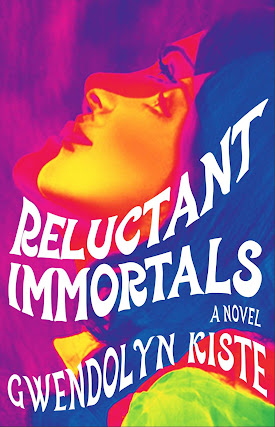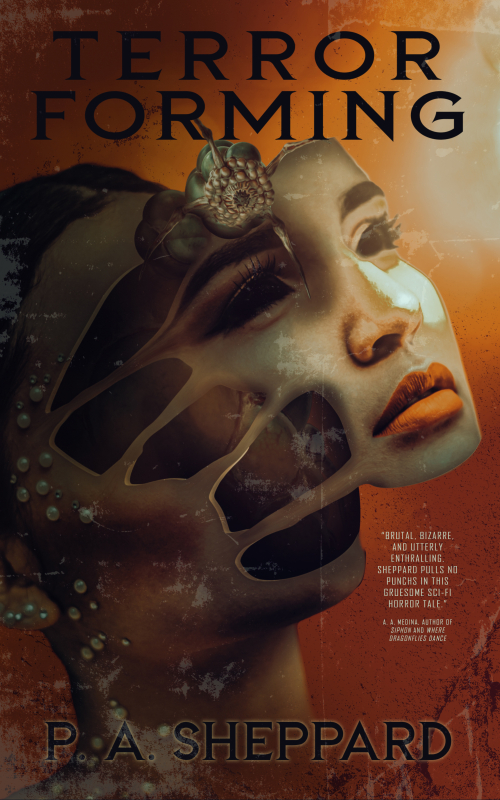Top writing tips for new authors
As posted in one of my earlier blogs I'm going to give this writing malarkey a proper bash and I've thought up of some good tips that I'm going to live by and see if they help me. I would like to stress that I'm not a published writer so you might think these tips are dreadful, in that case just ignore them.
For really useful tips on writing and getting published it's a good idea to visit author's own websites such as Neil Gaiman www.neilgaiman.com or Patrick Rothfuss www.patrickrothfuss.com one of my favourite writers.
1) Write, write and finish.
An obvious one I know but personally I've lost track of the number of times I've had a good idea for a story and planned it out before losing confidence and motivation to see it through to the end. Writing is a marathon not a sprint and most of the time the finishing line seems impossibly far away.
2) Write everyday ( especially when you don't feel like it.)
It's all too easy to cast a good story aside once the initial excitement has worn off and it's hard to keep the momentum going. I like to think that all stories start off the same like a big block of rock and we have to keep chipping away until we're left with brilliant sculpture. I think it's vital to keep going even when you've lost all hope, I truly think perseverance pays off.
3) Keep notes on your stories
It's so fustrating when you have a lightbulb moment when suddenly everything becomes clear and you're kickstarted back into writing mode... but you're stuck in a supermarket! I keep a notebook on my smartphone as its always accessible where if I think up of an idea I can jot it down before I forget because trust me no matter how epic your lightbulb moment was you will forget it.
4) Pursue your interests.
Keep yourself inspired.Things that interest you can be used to write with. For example I'm quite interested in the history of how people lived in different ages such as the Victorians or Celts. This interest could be used as a setting for a story and it's important to write about what interests us. You can learn all sorts of things in a variety of different ways such as books, films, television programmes or museums, and you don't need to spend a lot of time doing so. I think as a writer it's important to keep a childlike curiosity.
5) Get to know your characters.
A good story needs characters that come alive if you don't know or care for your characters then neither will your audience. I keep a file on all my characters by writing extensively about them which helps me to develop the plot. I just love that feeling when one of them comes alive as sometimes they can really change the course of my story.
I can also spend a lot of time on this when I'm not able to write such as being stuck in traffic by thinking up of scenarios and thinking of what would character x do if they were in this situation.
These are the pointers I use for characterisation but it's fun to think of your own depending on what genre you like to write in.
Their likes and dislikes, what they look like, interesting fact/ secret about them, how they see their selves, how others see them, what they most desire, and how are they linked to other characters, who are they friends with, who are they related to who are their mortal enemies.
You can also use elements of your own personality to base characters on and also by using your own life experiences that you can apply to characters.
6) Enter Writing competitions
These are a great way to quantatively measure your ability and progression as a writer and also to build up a writers cv of published work which you can use to impress an agent or potential publisher. There's so many competitions out there and a lot of them are free to enter, plus you can win prizes.
I think they also serve to keep you motivated as if your lucky enough to do well then you know you're a good writer with a chance of getting published
7) Read( a lot)
What's the best to learn about writing? To study people that can through reading their books. Read the ones you love over and over again and read the bad ones too so you can learn how not to write. It's also important to read across genres so you can look at different styles of writing.
8) Enjoy yourself
Most importantly have fun, write for yourself, enjoy what you do and hopefully others will.



Comments
Post a Comment